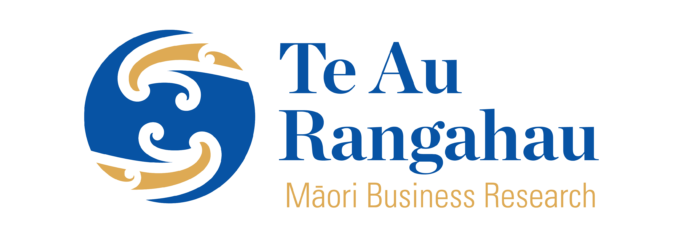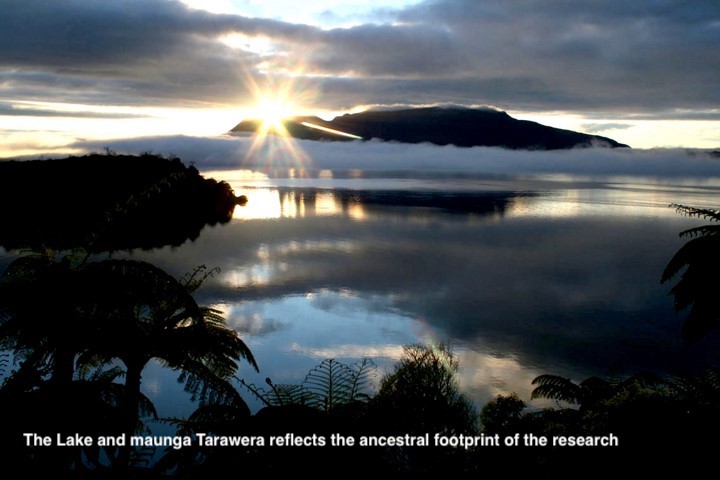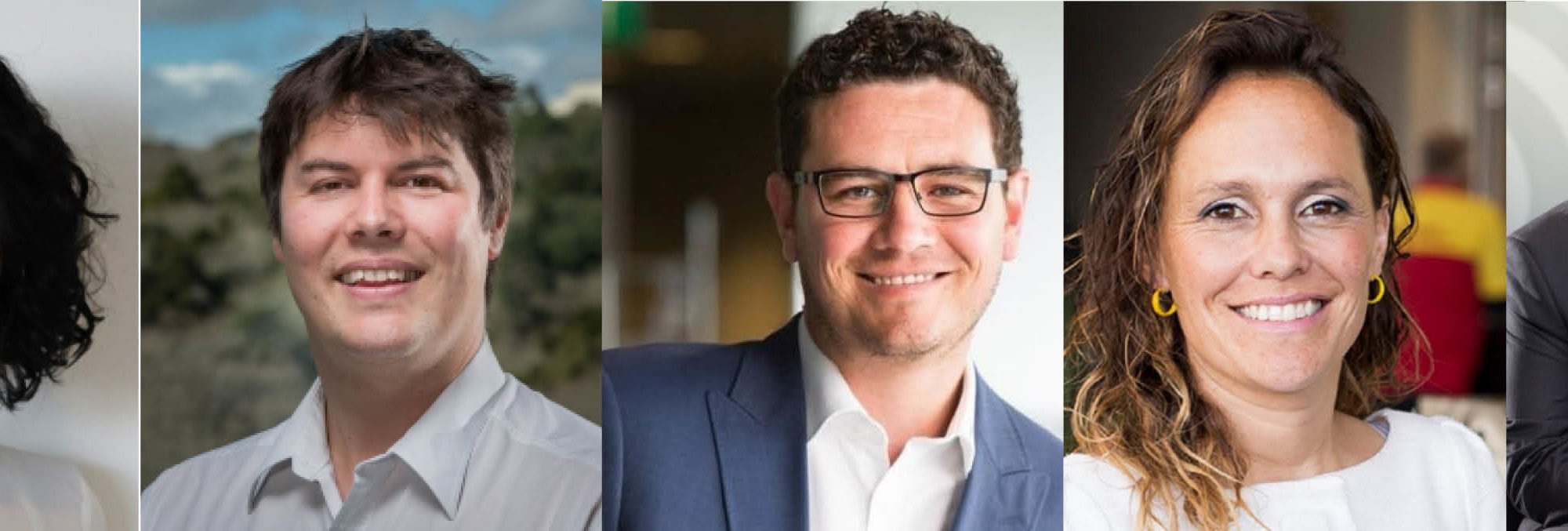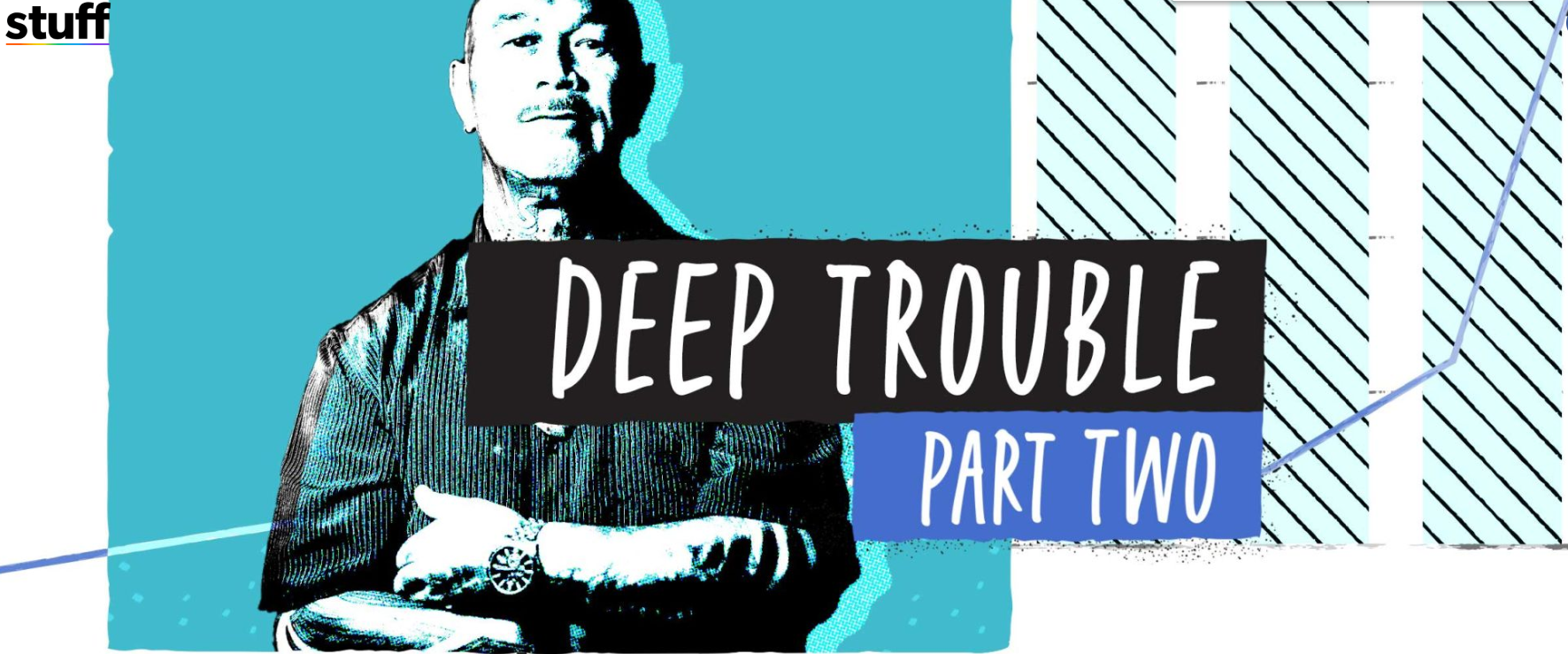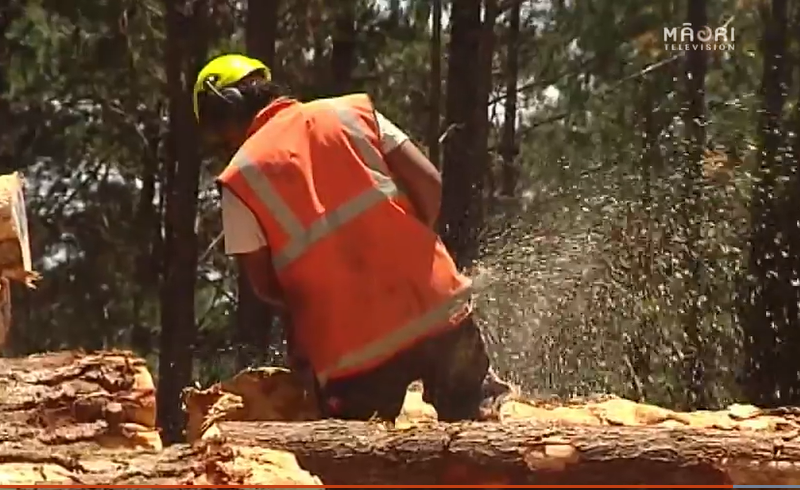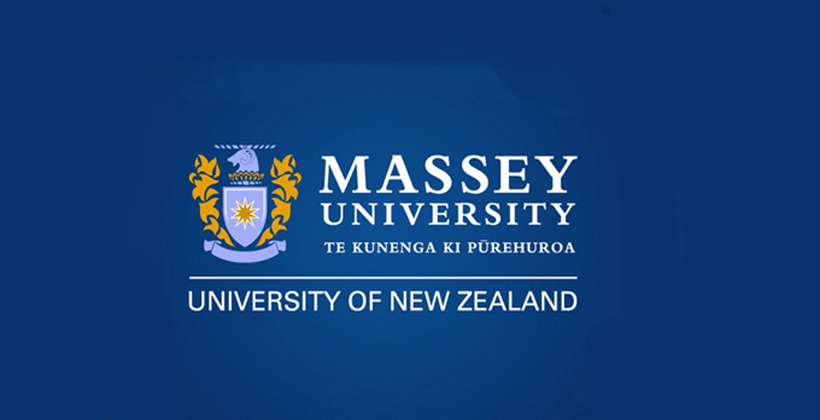Whai Hua: The Mental, Relational, Psychological, And Spiritual Wellbeing Of Māori During And Post-Lockdown
Auckland Medical Research Foundation: Covid-19 pandemic impact on nurse welfare
Dr Matt Roskruge discusses his research into the impact of the Covid-19 pandemic and lockdown on nurses in Aotearoa New Zealand. He is co-director of Te Au Rangahau Māori Business Research Centre at Massey University.
Dr Roskruge and his colleagues aim to “change the way we value and support our nurses” and address workforce sustainability with resilience strategies for nursing staff and their employers.
He says, “Nurses comprise a large, diverse and essential population within the health workforce. While they are trained to deal with the many challenges working in health presents, this pandemic creates new stressors and vulnerabilities, placing strain on their wellbeing. Nursing staff are central to the provision of clinical and community healthcare, and their wellbeing during times of crises such as the Covid-19 pandemic is of primary importance to the nursing workforce and the entirety of our health system.”
RNZ: Economists on unemployment number predictions
New Zealand’s unemployment numbers are expected to jump on Wednesday when new figures are released this morning.
The figures will include the months to June 2020.
Liz Kendall is a senior economist at ANZ and Matt Roskruge is a co-director of Te Au Rangahau and a senior lecturer in economics and finance at Massey University.
They speak to Gyles Beckford.
Stuff: Deep Trouble: A historic unemployment crisis has begun
As the number of people out of work continues to grow, many households and communities will face problems they have not known before. For some, it will make an already difficult existence even harder.
A three-part Stuff investigation details the shape of the crisis now, how it will grow and what it means for a welfare system suddenly under intense scrutiny.
Te Au Rangahau co-director Matt Roskruge features in Part Two: Who’s next? and Part Three: Unemployment and racial privilege
…Māori economist Matt Roskruge says institutional racism will almost certainly rear its head as the redundancies pile up.
Quite often Māori staff are the first to be let go for whatever reason, he says. They’re disproportionately in more precarious work, have fewer fixed hours, and work in sectors that have been disproportionately impacted.
Māori also often have barriers to opportunities, such as fewer resources, more family commitments and less ability to travel for work.
…Roskruge, meanwhile, reckons some iwi are well-positioned to invest in high growth opportunities that are currently going cheap.
“Māori companies tend to carry less debt. So there are some opportunities for the Māori economy to pick up some bargains, diversify and be well-positioned for when things inevitably get better.”
He says in the tech industry giant firms such as Google, Facebook and others are picking up a lot of cheap technology companies.
“For Covid-19, you’re really looking for pre-existing wealth or where there is capacity to borrow. There’s bargains to be had and some iwi are in excellent positions to take advantage of those bargains.”
While some iwi are in a strong financial position, Māori as a population are not.
Many iwi and social service organisations, like the Otangarei Trust, led the welfare response in their communities during lockdown and will continue to as the recession deepens.
The cruel thing about economic shocks, Roskruge says, is those who have got cash can use it to make more. People who find themselves in a more precarious position, on the other hand, become worse off.
“It tends to be quite cruel in these recessions. The recovery rewards people with resources to invest in the recovery.”
Both Reid and Roskruge agree it’s time for a change of perspective on the unemployed…
From Part Three:
…Reid says the inequities that currently exist are being magnified by the income relief payment.
It’s a wake up call to policy makers in Government to be mindful of institutional racism, he says. “Unless you’re vigilant you can easily make policy decisions that support the dominant culture in society.”
Māori economist Matt Roskruge agrees.
“It’s getting close to systematic racism. It’s knocking on the door of being blindly manufactured to disadvantage Māori disproportionately,” Roskruge says.
“Nobody has sat down and gone: ‘Well, who is this going to benefit and who is this going to hurt?’”
He says the Government probably didn’t give any thought to the possibility the payment was discriminatory.
Roskruge argues Covid-19 created a sharp shock to the economy but global markets were already starting to soften in September last year, which was having an impact on Kiwi jobs before the pandemic hit. He doesn’t think it’s fair Māori and other vulnerable workers who have lost their jobs since September are being disadvantaged.
“By introducing it to only new people who are about to enter onto the benefit you’ve systematically excluded a disproportionate number of Māori, who have already entered into Jobseeker, from accessing the higher fund.”
Policy-makers perhaps believe people who lived on Jobseeker support prior to March had already adjusted to a lowly beneficiary income, Roskruge suggests. The newly unemployed, on the other hand, would be used to a higher income so need the extra cash to adjust…
Kai Tiaki, Nursing New Zealand: Did Budget 2020 deliver for Māori?
Matt Roskruge on whether Māori will benefit equally from the spoils of Budget 2020.
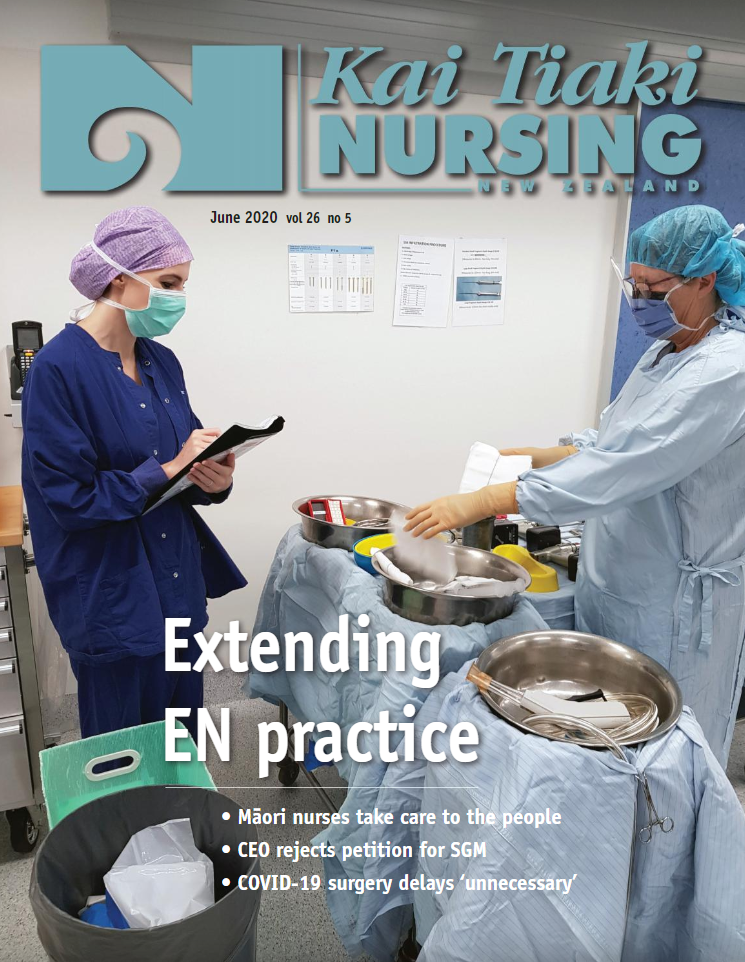
Te Ao with Moana: Lockdown – Is life back to normal?
NZ Doctor: Covid-19 impact on nurse wellbeing: Identification, sustainability and mitigation
Dr Matthew Roskruge is a Kiwi health economist currently working to investigate how New Zealand’s nursing workforce is managing in the Covid-19 crisis, and what measures are needed to sustain an already-pressured sector of healthcare.
“Nurses are working on the front lines and experiencing the risks and vulnerabilities not only to themselves but also their whanau. Serious mental health consequences such as anxiety and depression may result, harming wellbeing and undermining our health system,” he says.
Dr Roskruge will work with Associate Professor Margaret Brunton and Dr Catherine Cook, both of whom are internationally recognised researchers and former frontline nurses. Together they aim to “change the way we value and support our nurses” and address workforce sustainability with resilience strategies for nursing staff and their employers.
Read the full article at Auckland Medical Research Foundation
te ao Maori News: Could the economic recovery cause another Māori migration?
Māori economist Dr Matthew Roskruge says we could see another urban migration post-lockdown as whānau impacted by the tourism industry struggle to get back to business. But there’s potential for a reverse migration as the success of working-from-home may give many Māori the opportunity to return closer to their marae.
Massey University Economics Senior Lecturer Dr. Matthew Roskurge (Ngāti Tama, Te Āti Awa) predicts New Zealand is on track for a two-speed recovery as the country continues to adjust with the effects of COVID-19.
“Parts of the economy that are involved in the movement of people, or personal services are likely to have a big slow down. Whereas parts of the economy that are moving product particularly anything in food, in protein which New Zealand is so great at producing – boom times!”
He believes the Māori economy will be on a similar path, particularly as the return of international tourists appears to be months away at the very earliest.
“If you think Rotorua around some of the tourism ventures there, they’re just going to empty for the next few months up to the next year or two. Whereas parts of the Māori economy that are shipping foodstuffs, I think forestry will pick back up they should be OK or even booming.”
Waatea: Roskruge seeks Māori meaning for social capital
Massey University lecturer Matt Roskruge has been awarded a 2019 Rutherford Discovery Fellowship to research what social capital means within a Māori world view and how this is relevant to other populations.
The fellowships are for early to mid-career researchers to accelerate their research careers in Aotearoa.
Dr Roskruge from Te Ātiawa and Ngāti Tama is co-director of Massey’s Te Au Rangahau Māori business research centre and a senior lecturer in the school of economics and finance.
His background is in health and population economics.
The fellowship is worth $800,000 over five years.
